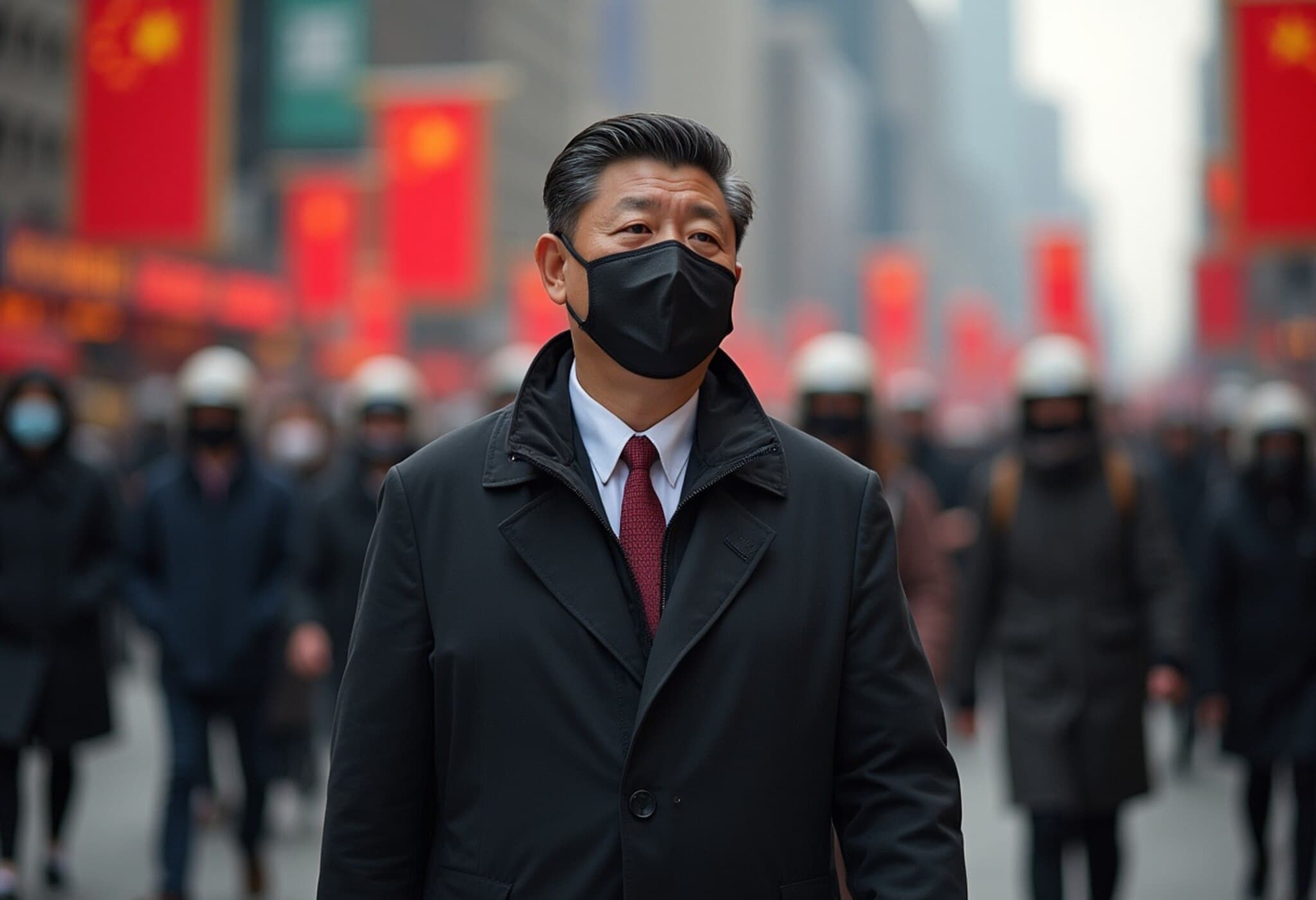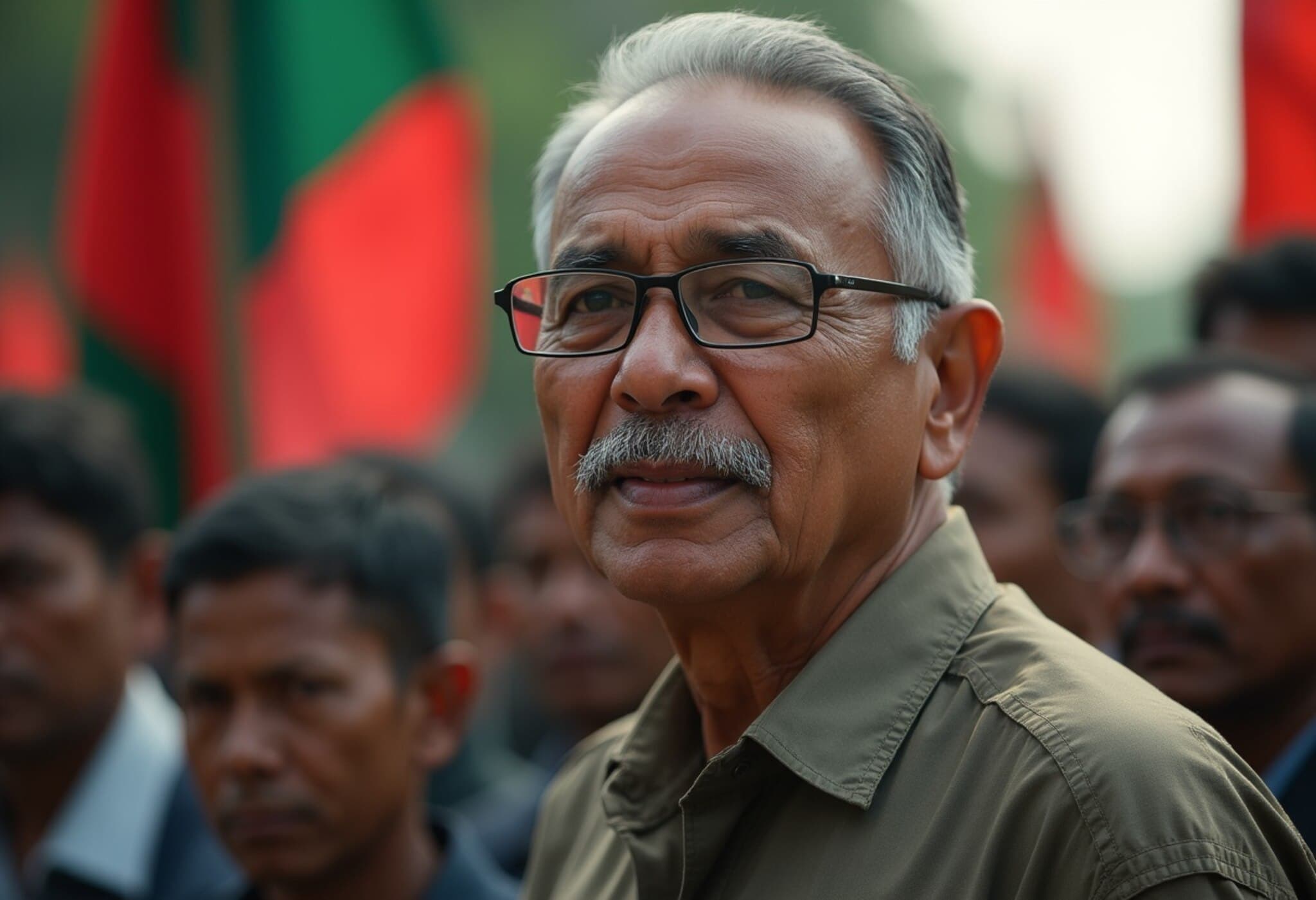The Rise of Information Control Under Xi Jinping
Since Xi Jinping ascended to power in 2012, China’s ruling Communist Party has steadily expanded its control over information flow, viewing it as a strategic measure to stave off social unrest. This tightening grip now includes severe censorship of reports surrounding violent mass-attacks—incidents where multiple people are harmed or killed using vehicles or knives—adding a deeply controversial chapter to China’s information management.
Hidden Tragedies: The Challenge of Reporting on Mass Attacks
Recent cases across China illustrate a persistent pattern: when vehicles strike pedestrians, particularly near schools, official reports provide scant details, often omitting the presence of children or the true scale of casualties. For example, a recent collision near an elementary school in a Beijing suburb was reduced to a terse police statement blaming “improper operation” of the car, avoiding mention of the school or injured children. Photographs and videos documenting the aftermath are swiftly removed from China’s strictly monitored internet platforms.
A Desperate Demand for Truth
Despite such censorship, Chinese social media platforms like Weibo have seen posts pleading for transparency, with citizens asserting, “We need the truth.” This tug-of-war spotlights not only the population’s hunger for honest information but also the authorities’ determination to control the narrative.
Expert Insight: Motivations Behind the Censorship
Jennifer Pan, a Stanford University professor specializing in digital censorship and political control, emphasizes that local governments in China often suppress news that casts them in a negative light. This extends beyond political embarrassment to concerns about triggering copycat attacks—an official explanation for the blackout on reporting mass-attack incidents. Furthermore, intense restrictions after a bloody November 2024 attack in Zhuhai, which killed 35 people, highlight top-tier leadership directives aiming to curb similar tragedies.
Central vs. Local Dynamics
Interestingly, Pan notes a complex interplay where local authorities might prioritize concealment to protect their reputation, while the central government occasionally responds with restrained acknowledgment to maintain systemic legitimacy. This balancing act underscores the delicate politics of information in authoritarian contexts.
The Fallout: Public Backlash and Information Voids
The information clampdown extends to incidents like a May 2025 crash in Tengzhou, where a vehicle struck a bus stop crowd. Official silence fueled criticism online, with citizens demanding disclosure of the driver’s identity and casualty figures. Hu Xijin, former editor of a state-owned newspaper, warned that continued suppression risks eroding public trust in information disclosure norms.
Official Responses: Rapid but Minimal Reports
In some cases, local police issue quick statements that lack substantive details, as seen in a May 15 Beijing incident where the proximity to a school was omitted, and casualty numbers briefly mentioned. Even on the ground, a controlled environment discourages public discussion—as neighborhood watch volunteers monitor residents’ conversations.
Why This Matters: Legal and Societal Implications
From a legal perspective, China’s stringent censorship raises questions about the public’s right to information versus state security justifications—a tension mirrored globally. Moreover, the suppression of incidents involving children intensifies societal anxiety, as citizens struggle to reconcile grief, public safety concerns, and a lack of official candor.
Broader Lessons for Global Media Literacy
For international observers, China’s case is a potent reminder of the critical role transparent reporting plays in democratic societies—and how information blackouts can deepen mistrust and destabilize communities in the long run.
Editor’s Note
China’s escalating censorship of mass-attacks highlights a stark conflict between state priorities and citizens’ demand for truth. As the government seeks to prevent unrest and copycat crimes, it simultaneously risks fueling disenchantment and information vacuums. This raises pressing questions: Can genuine trust be rebuilt without openness? How might Chinese society adapt when crucial stories are muted? And what lessons does this hold amid a global debate on media freedom versus public order? These uncertainties invite ongoing scrutiny from policymakers, journalists, and readers alike.











